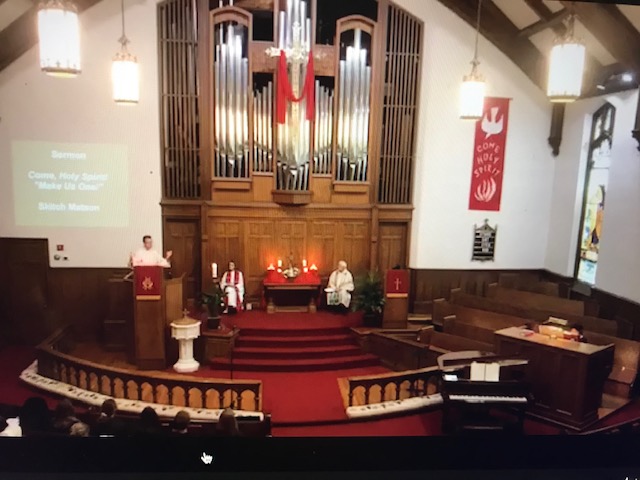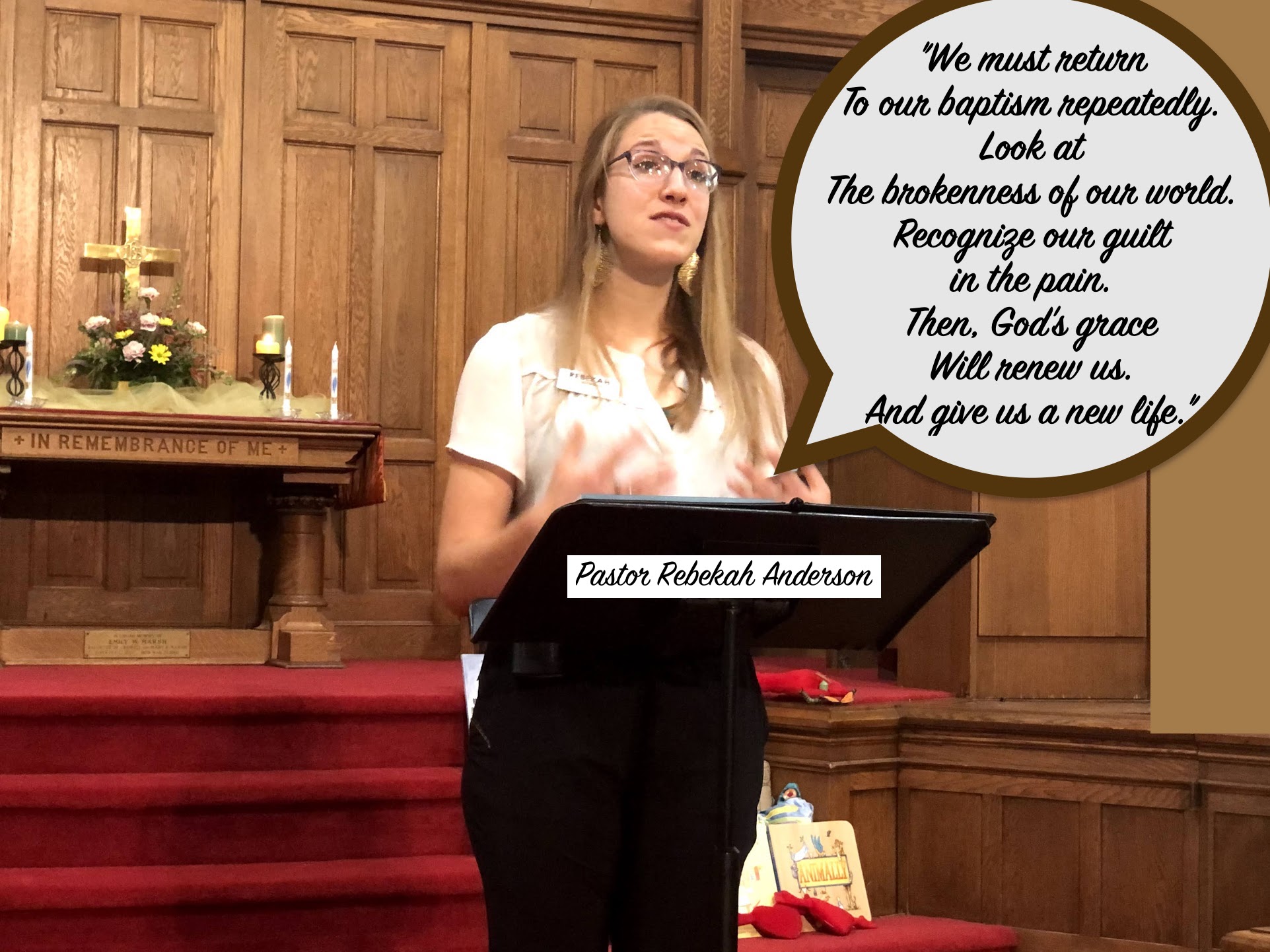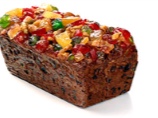
On Sunday, June 23, 2019, Pastor Skitch Matson preached a sermon entitled “Make Us One,” from the sermon series “Come Holy Spirit” and based on the scripture reading from Galatians 3:23-29. His sermon was a meditation on being united in Christ as one through faith. . . . Enhancing the theme of universal equality.
Pastor Stitch explained that most often when the Apostle Paul wrote to a church or churches in an area, he began his letters with cheering on the faith of the community. He was their pastor and wanted to celebrate what God was doing in their lives and spur them on to continue in faithfulness as we see in 1 Corinthians 1:4 and Philippians 1:3.
Paul cares for his congregations like a parent, like a mentor, like a… A Pastor – he loves them dearly; he prays for them often, he celebrates them… and he corrects them… In Galatians, correction is a focal point. From what we can gather of the letter, there has been a group of “Jesus Followers” who have told the community in Galatia that while Jesus may love them, they need “to be like Jews” to really be loved and share in the Blessings of God. And, from what we can tell, that’s what they did. And then Paul, the Parent, the Mentor, the Pastor, writes them a letter. The opening lines do not contain the healthy love we see in other messages. In Galatians 1:6, he tells them, “I am astonished that you are so quickly deserting the one who called you in the grace of Christ, and you are turning to a different gospel – not that there is another gospel… if anyone proclaims to you a gospel contrary to what you received, let that one be accursed.” Everyone listens to his words, feeling the sting of them. Even we hear them! He’s frustrated. But we kind of understand, too… sometimes, we’re just like Paul. At times, we believe that yelling is the only way to be heard when something is deeply wrong. But by the time we get to Chapter 3: Paul is pleading. . . In verses 25-28, he encourages them: “But now that faith has come, we are no longer subject to the Law, for, in Christ Jesus, you are all children of God through faith. As many of you as were baptized into Christ, have clothed yourselves with Christ. There is no longer Jew or Greek, there is no longer slave or free, there is no longer male and female; for all of you are one in Christ Jesus.”
It’s a plea. It’s a plea to go back to the roots, to go back to the simple and profound faith we profess – that in Christ Jesus we are all Children, we are all beloved by God; we are all equal in status. The Grace of God breaks down the barriers and hierarchies we have created in this world that separate us into powerful and powerless, insiders, and outsiders. Grace unites us. Christ has brought us new life. Christ has united us together. Christ went to the farthest reaches of society to include people, as they were. Beggars, Paralytics, Outcasts. Jesus loved them where they were. Jesus loves where we are. In our begging. In our paralysis. When we’ve been outcast. And in him, we are brought together, United as One, to be the Body of Christ for the world.
In his fascinating personal story that happened during a rainstorm, we learn how Pastor Skitch came to believe that the rain water had united him and the people caught in the storm: “Our baptism in the waters of the storm knit us into one body. We each had needs that guided us to this grocery store, we each had our shopping lists, but the Water on our clothes reminded us of our interconnectedness. It gave us all a shared identity ” Paul is calling us to look through the lens of the Baptism of Christ to see one another. It’s a unifying of us all, first, to Christ.

I wonder what the identifiers are that ring in your head, being used to keep you down: Too Young; Too Old; Divorced; Barren; Single; Widowed; Gay; Just a Woman; Not-from-around-here; Poor; disabled… different.
In Baptism, We are inspired by the claims, by the symbolism, by the action – that God loves us not because of anything we’ve done but because of WHO God is. That as God knows the things we wrestle with internally, how our identities have been named for us to keep us down, that God could call us Beloved Children of the Most High God.
Hear God’s plea calling to you today, and every day. When the next rainstorm hits us with a double portion of God’s grace, let it be a reminder to see yourself as Jesus sees you. To see others as Jesus sees them. To let God’s love pour over you. For we are no longer separated, but United in Christ, BY Christ, to be ONE.
Thanks be to God.
The sermon is podcast on this webpage under the category “worship.” Here is the link
For the complete video of the June 23 service, found on Princeton United Methodist Church Facebook page, click here.




